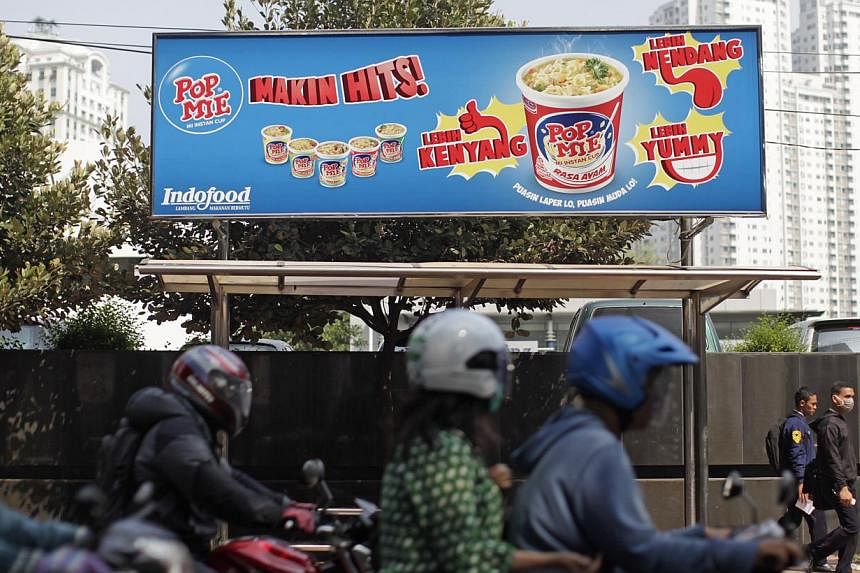INSTANT noodle maker Indofood plans to build a factory in Morocco this year, its sixth in Africa. It is an investment move that a growing number of Asian companies are also making on the continent.
At the same time, more natural resources from Africa, like crude oil from Angola, are flowing to Asia.
But trade between both regions remains far below its full potential, prompting about 500 business leaders from both sides meeting in Jakarta yesterday to agree to form an Asian-African Business Council.
The council, to be set up soon, will step up links between them, share know-how and boost investments. Its secretariat will be based in Indonesia, with a co-secretariat in South Africa.
It will meet at least once a year, with the first meeting to be held in Indonesia in the next six months. Egypt has offered to host the second meeting next year.
"As the global economy becomes increasingly competitive, there is a greater need for our countries to work together," said Mr Suryo Bambang Sulisto, chairman of the Indonesian Chamber of Commerce and Industry (Kadin), at the Asian-African Business Summit.
The summit is one of several events taking place in Indonesia this week to mark the 60th anniversary of the 1955 Asia-Africa conference in Bandung.
About 30 leaders from the two regions, including Singapore Prime Minister Lee Hsien Loong, will meet here for the Second Asian-African Summit.
But the world today is very different from that of the 1950s, noted Mr Suryo yesterday.
Hence, "we too have to move away from pure ideology to practical business, while still keeping alive the spirit that originated from our past leaders", he said.
Indonesian President Joko Widodo, in his address to the summit, spelt out ways both sides can help increase trade and investment, which he said have yet to reach their full potential.
Foreign direct investment and trade between Asia and Africa rose from US$2.8 billion in 1990 to US$270 billion (S$363 billion) in 2012, with flows expected to surpass US$1.5 trillion by 2020.
But in proportional terms, exports from Asia to Africa form just 26 per cent of Asia's total exports today, while Africa's exports to Asia add up to a mere 3 per cent of its total exports.
Mr Joko believes closer economic cooperation can help both sides tackle challenges such as poverty, conflict and inflation.
He also urged countries to minimise trade barriers, help create a more open and fair global trading system and woo investors by making it easier to get business licences and protecting investments.
Mr Joko pointed out manufacturing, agriculture, infrastructure and energy as areas with investment opportunities.
These sectors were also highlighted by South Africa's Deputy President Cyril Ramaphosa, who said there were many valuable lessons Africa can learn from Asia's success.
More than 30 per cent of the world's oil resources are in sub-saharan Africa, and Africa has 60 per cent of the world's arable land. Still, millions are poor.
This is why Africa cannot let up on economic reforms, he said. "Africa has the capacity to become the manufacturing success that Asia has become."

